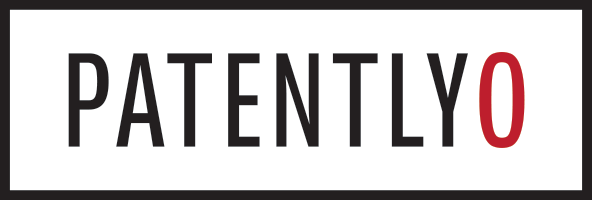
"One of our arguments was that private sales-sales in which the invention has not been put into public use or led to the creation of some other type of prior art-should not provide the seller with a safe harbor against prior art under post-AIA 35 U.S.C. § 102(b)(1)(B), because a private sale by itself does not "publicly disclose" the invention per the terms of the statute."
"A related argument in our paper-perhaps the central argument-was that the on-sale bar should be "party-specific." That is, a sale by Aleida, by itself, should not bar independent inventor Bruno from obtaining a patent. Of course, the sale will often lead to the buyer putting the invention into public use, or generate a printed publication, or create some other type of prior art against Bruno. But the sale by itself should not bar Bruno."
"Unlike the public-use bar (which is about protecting the public's reliance interests), the on-sale bar is animated by the goal of preventing any one party from obtaining monopoly profits for more than the twenty-year statutory patent term. Accordingly, the principle behind the on-sale bar is not implicated if Aleida makes a sale but then Bruno files for a patent."
Private sales that do not put an invention into public use or create other prior art should not operate as a safe harbor under 35 U.S.C. § 102(b)(1)(B). The on-sale bar should be party-specific so that a sale by one party (Aleida) alone does not bar an independent inventor (Bruno) from obtaining a patent. The on-sale bar aims to prevent any single party from securing monopoly profits beyond the twenty-year statutory patent term, while the public-use bar protects the public's reliance interests. The Federal Circuit in Sanho Corp. v. Kaijet Tech. held that private sales do not publicly disclose inventions for §102(b)(1)(B) purposes.
Read at Patently-O
Unable to calculate read time
Collection
[
|
...
]